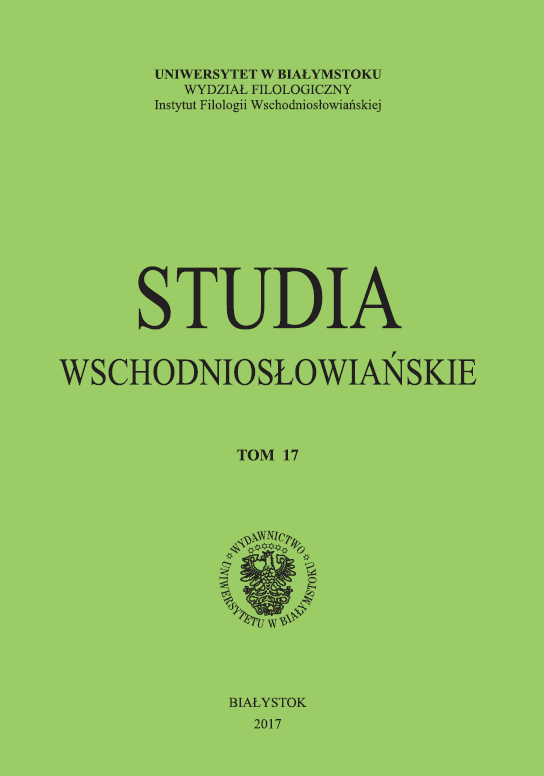Świadectwo uniwersalizmu myśli: listy Edyty Stein do Romana Ingardena
The testimony of the universality of thought: Edith Stein’s letters to Roman Ingarden
Author(s): Beata GarlejSubject(s): Anthropology, Philosophy, Social Sciences, Theology and Religion, Philosophy of Religion, Culture and social structure , Phenomenology
Published by: Wydawnictwo Uniwersytetu w Białymstoku
Keywords: fenomenologia; henologia (filozofia światła); wczucie; ekumenizm; interkulturowość
Summary/Abstract: The core of the article constitute the letters that Edith Stein (who later became St. Teresa Benedicta of the Cross) and Roman Ingarden, whom she met in Gottingen, exchanged between 1917 and 1939. When they met they were both students of Edmund Husserl and were among the members of so-called Gottingen Phenomenologists’ Club that was not only of international nature but also accepted females as its members, which was quite an exception in the first two decades of the 20th century. The issues addressed in Stein’s letters to her friend from Poland centered on two aspects: behind-the-scenes functioning of the phenomenologists gathered around their master (Husserl), as well as the inner path in the course of which Stein’s spiritual metamorphosis takes place. It is obvious that with reference to the former issue, the works and the philosophical views of Edmund Husserl served as the source of intellectual inspiration. The young scholar reached beyond them though. Her philosophical achievements as well as her inner development were deeply influenced by another professor of philosophy, Adolf Reinach, thirty four years of age at that time. The latter problematic plane discussed in the letters confirms that “[t]he biography of Edith Stein is one of the most fascinating life stories not only in modern times. It is connected both with the content of her thought as well as with her life path that was bold climbing towards perfection as well as a great transformation; this transformation has been defined both as the grandest and the most complex one since the change that was the part of St Paul’s, or Saul of Tarsus, life” [in: Anna Grzegorczyk, Ponad kulturami. Uniwersalizm Edyty Stein, Poznań 2010, p. 37; own translation]. This duality of thought, seemingly referring to the realms so distant that virtually impossible to combine, become connected by one feature: the author’s universality of thought which points clearly that Edith Stein’s philosophical attitude reaches the intercultural dimension. Consequently, the brilliance of the author and philosopher becomes obvious, and „stems from the unique combination of cognitive passion with transcendent sense” [Ibid, p. 41]
Journal: Studia Wschodniosłowiańskie
- Issue Year: 2017
- Issue No: 17
- Page Range: 305-321
- Page Count: 17
- Language: Polish

